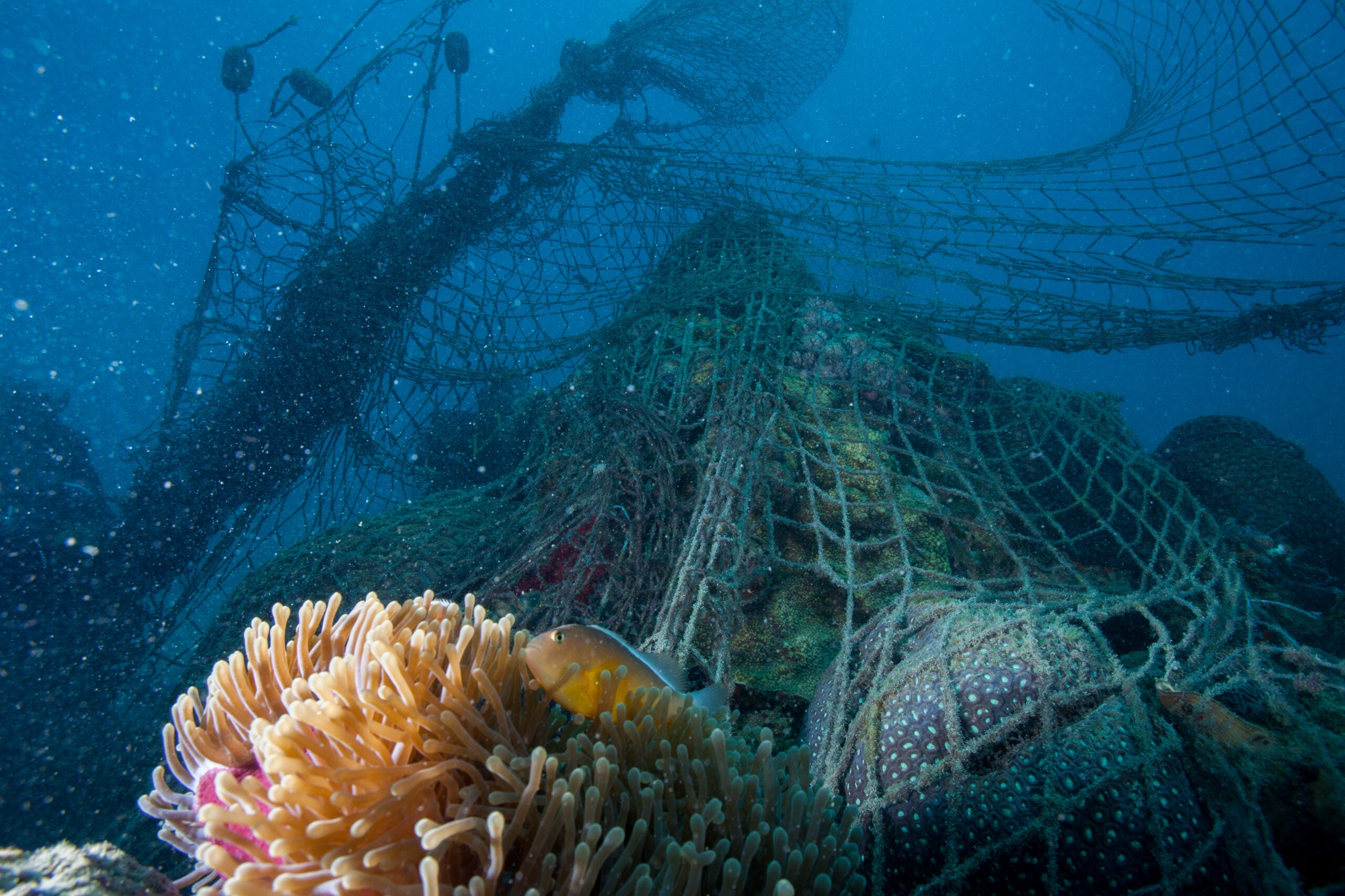Pushing Our Oceans to the Precipice of Extinction
A new study published last month in Science finds that damage caused to marine ecosystems from overharvesting, oil drilling and climate change is a major threat to ocean vitality.

This page was published 10 years ago. Find the latest on Earthjustice’s work.
Living on the Atlantic coast for most of my life, I grew accustomed to seeing dolphins, sea turtles and other sea critters on a regular basis. Nothing beats seeing a dolphin jump out of the ocean or watching dozens of sea turtle hatchlings make their way to the water for the first time. However, a new study published last month in Science found that these sightings may become increasingly rare in the next 150 years if humans do not act now to protect ocean species.
Marine animals are seemingly less impacted by humans than those living on land. But their underwater habitats and large ranges also make them difficult to study, creating significant scientific uncertainty. A team of scientists from across the country combed through data from hundreds of sources on human impacts to marine ecosystems in an attempt to reduce the ambiguity.
What they found is alarming. According to the report, the damage we have caused to marine ecosystems from overharvesting, oil drilling and climate change is impacting more than the oceans’ health. It also threatens human populations that rely on the ocean as a food source or for economic activity.
Overharvesting of marine species and large-scale habitat loss caused by humans are the two primary causes in the decline in a species’ population. Unsustainable fishing practices, such as bottom trawling, have damaged millions of miles of sea floor and resulted in such high catch rates that fish populations are unable to reproduce fast enough to replenish their populations. In addition, oil and gas drilling off of our coasts has also led to large-scale habitat degradation in the form of leaks and spills, as well as injury, or even death, to marine mammals during the seismic testing process.
Climate change is also a huge threat to the ocean. Species in colder waters at the poles and those living in the tropics are both in danger due to these species’ inability to adapt to even slight changes in water temperature. The report’s scientists also found that climate change is altering the actual chemistry of the ocean, which in turn can cause negative impacts on marine animals.
When these impacts harm a species, they can cause a domino effect that harms the entire ocean ecosystem. One powerful example is taking place in the Caribbean where overfishing, climate change and other stressors have caused two of the most predominant species of corals in the region, elkhorn and staghorn, to decline by as much as 98 percent since the 1970s. These corals have been further stressed since parrotfish, a species that aids in coral health by cleaning algae off the reef, have been fished at unsustainable levels.
Coral reefs are necessary for the health of the ocean—when they suffer, other vital species lose nursery and breeding grounds, a source of food and protection from predators. Earthjustice successfully sued the National Marine Fisheries Service to provide parrotfish and coral reefs the protection they deserve under the law so that these species, as well as the many others that rely on them, can begin the long climb back to sustainable levels.
While the ocean is greatly threatened, hope remains. Unlike the large-scale extinctions happening on land, only about 15 marine species have gone extinct since the year 1500. However, if we continue to contribute to climate change and to destroy ocean habitats with destructive fishing and drilling practices, the health of the world’s oceans will be in grave danger.